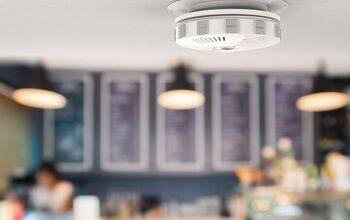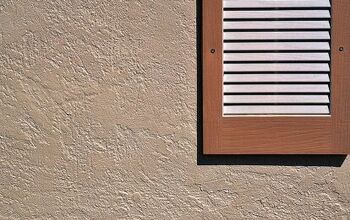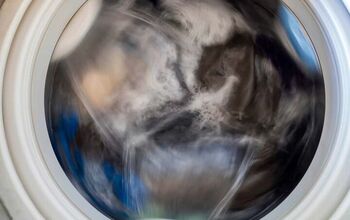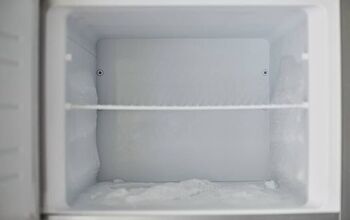Can I Put Watermelon Rinds In A Garbage Disposal? (Find Out Now!)

So many people enjoy entertaining during the summer, and watermelon is a staple at many a backyard barbeque. After the party is over, you might be wondering what to do with all the leftover watermelon rinds.
You should not put hard or fibrous foods such as watermelon rinds down a garbage disposal. Although a garbage disposal with a high horsepower and sharp blades might be able to handle these sorts of materials, most cannot. If you put watermelon rinds in the garbage disposal, you run the risk of damaging your blades and burning up your motor.
Instead, find another way to dispose of your watermelon rinds. After all, there’s no better way to ruin a fun party than by having to call a plumber!
Do You Need to Hire a Plumber?
Get free, zero-commitment quotes from pro contractors near you.

When Can I Put Watermelon Rinds Down the Garbage Disposal?
You’ll read all sorts of opinions when it comes to putting watermelon rinds down the garbage disposal. For the most part, homeowners are advised to just steer clear, as it’s not worth the risk.
However, if you have a very high horsepower model (higher than ½ HP) then you’re probably safe to give it a try. Just go slowly and avoid large pieces.
In most cases, even if it’s safe, it’s just not worth it to grind watermelon rinds in the garbage disposal. Rinds and husks can take a very long time to break down, so throwing them out might be easier and more efficient.
How Can You Dispose of Watermelon Rinds?
Although you might be tempted to dispose of watermelon rinds in the garbage disposal, there are better ways to get rid of them. The best options? Put them in the trash or compost them.
In fact, they are valuable additions to a compost bin, providing green matter that contributes nitrogen and moisture to the composting process.
What Other Foods Should Not Go in the Garbage Disposal?
In addition to watermelon rinds, there are a few other types of food that you should avoid putting down your garbage disposal. For some of these, the jury is still out.
Some people say it’s safe to dispose of them in your garbage disposal while other experts recommend avoiding them.
Use your best judgment, but in most cases, know that you should avoid the following:
- Skin and rinds: Avoid most large skins and rinds. A larger horsepower can handle some smaller rinds and skins but will take a long time. The same goes for corn cobs and husks along with nuts, seeds, and pits.
- Bones: While a high-quality garbage disposal will be able to pulverize smaller bones, it’s still not great for your plumbing.
- Egg shells: Some people recommend using eggshells to scour and clean your garbage disposal, but you should use other options, like baking soda, instead. Egg shells can clog drains over time so while they aren’t problematic for your garbage disposal, they are for your plumbing.
- Seafood shells: These can clog the unit and damage internal parts.
- Coffee grounds and tea leaves: These won’t harm the garbage disposal, but they clump together and don’t grind up well when wet, which can clog your pipes.
- Flour: When it gets wet, flour can clog your plumbing.
- Starches: Avoid starchy foods like bread, oatmeal, pasta, and potatoes. When met with water these will turn into a glutinous mess that can clog your system and be difficult to wash away completely.
What else should you not put down the garbage disposal? Grease.
There’s really no argument on this one. Don’t put grease down the garbage disposal! Pretty much everyone agrees that grease has no place in a garbage disposal. It doesn’t wash away easily and will form a congealed obstruction that can clog your entire plumbing system and will require you to call a plumber.
Related Questions
Is it ok to put watermelon seeds in a garbage disposal?
Watermelon seeds can get stuck in the garbage disposal for a long time. When they do finally get ground down, they often form a paste, which in itself has the ability to clog your system. Avoid putting watermelon seeds in the garbage disposal whenever possible.
What should you not put in a garbage disposal?
Try to keep the volume to a minimum when you are putting food into the garbage disposal. The goal of a garbage disposal is to grind food waste down to sizes that can easily pass through the plumbing. Because of this, you should avoid feeding large amounts of food at a time. Large amounts can clog the system and damage the motor.You should also avoid fibrous foods like celery, carrots, potato peels, and banana peels. Fibers and strings can jam the blades. Hard foods like bone and meat along with non-food items like metal, glass, or plastic cna cause irreparable damage as well.
Can you put fruit peels in a garbage disposal?
Most fruit peels can go down the garbage disposal as long as they’re cut into small chunks. In fact, some (such as orange or lemon peels) actually have a cleansing effect on the system. Avoid large fruit seeds and pits, as these can damage, dull, or loosen the blades.
Can you put cantaloupe rinds in the garbage disposal?
As with watermelon, you should avoid putting cantaloupe rinds in the garbage disposal unless you have a very high horsepower motor. If that’s the case, be sure to cut the rind up into smaller pieces before disposing of it.
Do You Need to Hire a Plumber?
Get free, zero-commitment quotes from pro contractors near you.

Final Thoughts
To keep your garbage disposal running in tip-top shape, use it often. If you only use your garbage disposal every now and then, you may find that it frequently clogs, jams, or develops strange odors.
You can repel odors by using natural cleaners like lemon juice, baking soda, or borax, but ultimately, the best advice is to take good care of your garbage disposal and to use it as often as possible.
Of course, you should keep the watermelon rinds out for the best results!

We are a team of passionate homeowners, home improvement pros, and DIY enthusiasts who enjoy sharing home improvement, housekeeping, decorating, and more with other homeowners! Whether you're looking for a step-by-step guide on fixing an appliance or the cost of installing a fence, we've here to help.
More by Upgraded Home Team



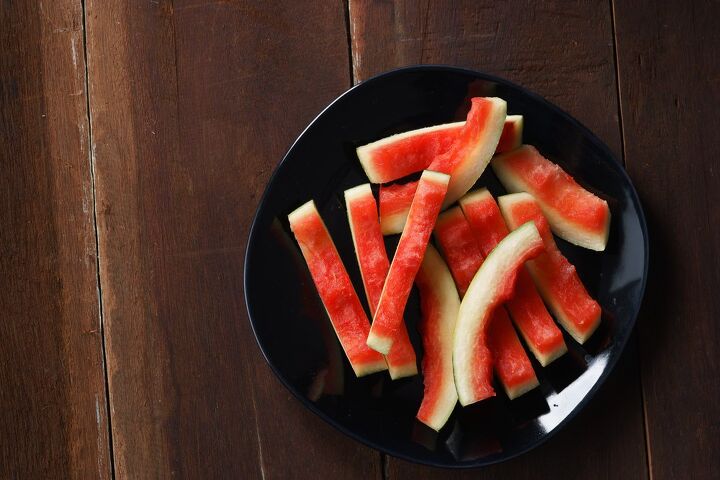






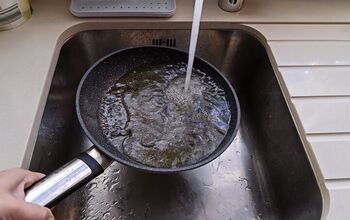

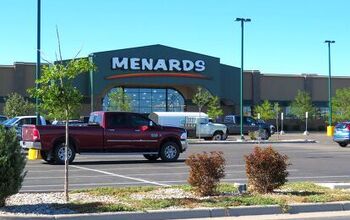
![10 Best Electric Lawn Mowers - [2022 Reviews & Top Rated Models]](https://cdn-fastly.upgradedhome.com/media/2023/07/31/9070486/10-best-electric-lawn-mowers-2022-reviews-top-rated-models.jpg?size=350x220)

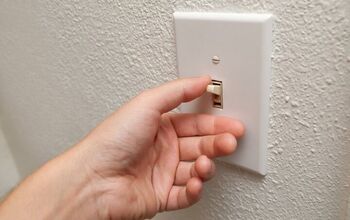

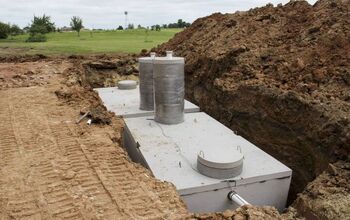


![How To Reset A Whirlpool Cabrio Washer [In 5 Easy Steps!]](https://cdn-fastly.upgradedhome.com/media/2023/07/31/9076531/how-to-reset-a-whirlpool-cabrio-washer-in-5-easy-steps.jpg?size=350x220)
